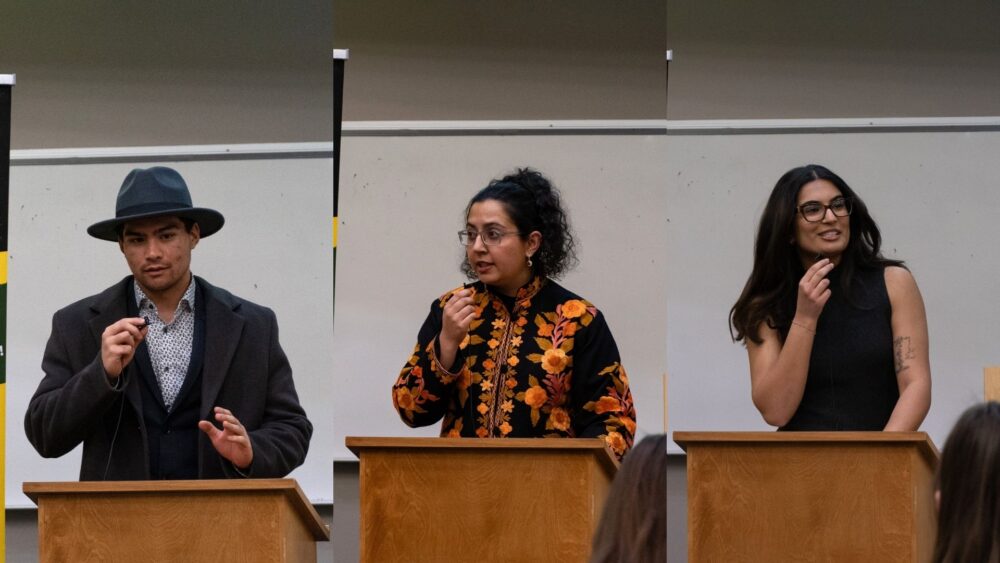 Richard Bagan
Richard BaganCandidates were recently announced for the 2019-2020 Students’ Union Executive elections. There are 10 total candidates this year, only two of whom are women. That means that only 20 per cent of the coming year’s potential leaders are women.
Politics have always been a slippery slope in terms of gender equality. Kim Campbell, the first and only female prime minister of Canada, was only put into her position to replace Brian Mulroney, staying just 132 days in the position. Many believe that Campbell’s term was “not real,” while others don’t even remember it. In fact, until Justin Trudeau’s 50 per cent female cabinet, there had always been more men than women in every branch of government.
How the diversity of our federal lawmakers and politicians can affect our lives every day is something that is immediately clear to many people. When it comes to student government though, issues like gender can be pushed aside for the sake of the existing candidates. After all, how different will a man and a woman govern something as small as a students’ union?
Though it will be telling to see who is eventually voted in, and whether both or neither women are elected, it’s interesting to note that women have always been seemingly apprehensive about running for SU executive positions. Between 2005 and 2016, only 25 per cent of candidates were female. In last year’s elections, six women ran, breaking a ten-year record.
With campaigning set to begin on February 25, candidate platforms are as of yet unknown. Three of the executive positions are uncontested, but those are all filled by men. That means that there is the potential for an all-male student’s union. The under-representation of women in government, especially at the level of student government, can only serve to decrease the likelihood of other women feeling welcome to run. In addition to this, with an all-male student’s union, some matters specifically pertaining to women on campus may be left unaddressed. Such issues can range from something as simple as catcalling to things as complex as assault and discrimination on campus. Government and politics have been stereotypically male professions for a great deal of history, and we must continue to prove this stereotype wrong.
It’s important for women to be able to see themselves in positions of power, even on as small a scale as a university campus. STRIDE, an SU initiative, aids women and non-binary people by providing them with the knowledge and support necessary to become involved with student government. STRIDE acknowledges on their webpage that despite women making up 56 per cent of the undergraduate population, they have held only 30 per cent of Student Council seats and made up only 25.5 per cent of SU candidates between 2005 and 2016. These numbers are abysmally low, and must be brought up.
Providing women with resources like STRIDE is a great start for helping them run for student government, but something must be done to make them feel comfortable reaching out for those resources in the first place. If we really want women to be able to run, we should strive towards making student government a more open, accessible space for everyone.





Why is this some sort of travesty? Literally nothing is stopping women from taking leadership positions. Nobody in society is telling them that they can’t. Most of my bosses over the courses of my various jobs and current career have been women. The highest earners in my company are women. My mentor is a woman. Woman do have a tendency to be more agreeable, but this is biological. It is necessary for the traits that allow women to be more nurturing than men. If you want more women in higher positions then we need to stop trying to shoehorn them in, and instead training women to be less agreeable.
I lost brain cells reading this comment, if you can’t see how society tells women that they can’t run for leadership positions then you’re not seeing the whole problem